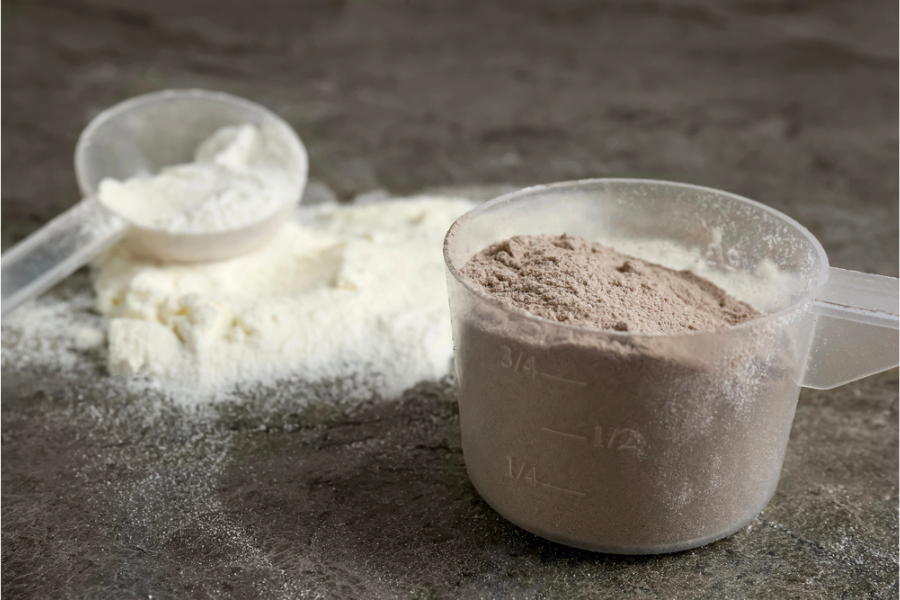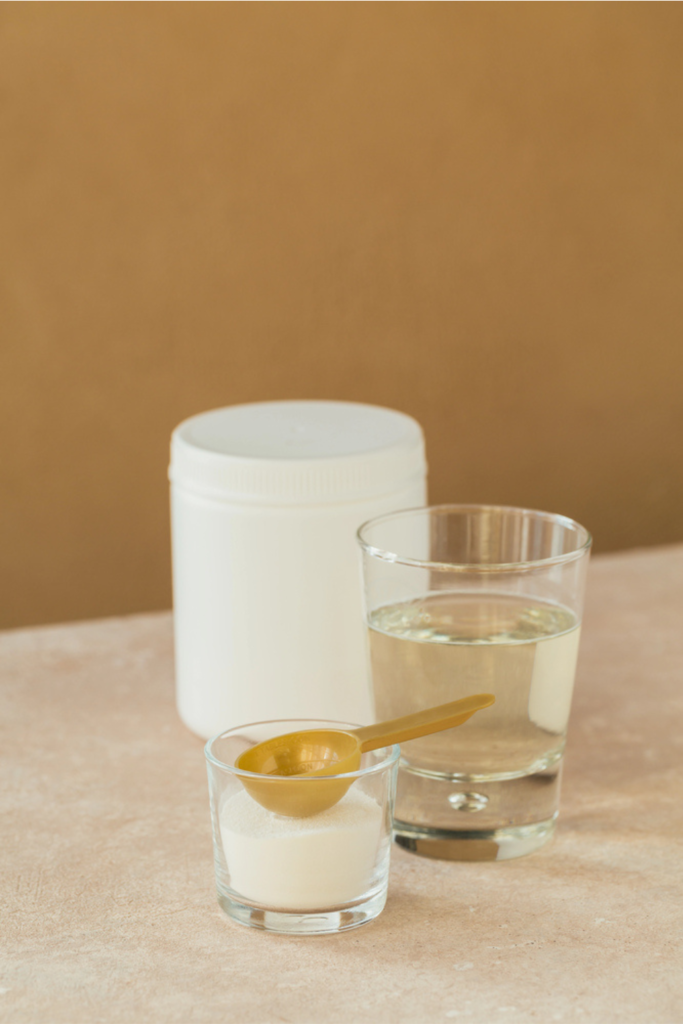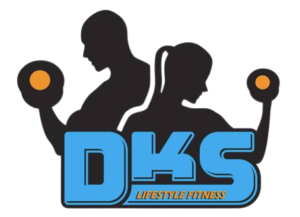
When thinking about protein supplementation, whey is usually the first thing that comes to mind. However, collagen has gained popularity over the years as a competitive protein supplement.
This article will address the pros and cons of both whey and collagen protein. It is a versus post, so at the end, we will determine the winning supplement.
What is Whey Protein?
Whey protein is a derivative of cow’s milk. It is the liquid component that gets removed during cheese production.
Whey is a complete protein, which means it contains all 9 essential amino acids. You can use it to make:
- Protein Shakes
- High-Protein Snack Recipes
- High-Protein Dessert Recipes
A whey protein supplement can be quite convenient if you’re not getting adequate protein from animal sources.
What is Collagen Protein?
Collagen is essentially the glue that holds your body together. It makes up about a third of your body’s protein composition. Collagen is derived from the Greek word “kolla”, which means glue.
It is also found in the connective tissue of many animals.
After your mid-20s, your body’s natural collagen production begins to decline. Therefore, it’s best to consider supplementation.
The most abundant protein source in your body is collagen. It supports healthy:
- Hair
- Skin
- Bones
- Nails
- Joints
- Legumes
- Tendons
If you want to maintain a youthful appearance as you age, it’s beneficial to supplement with collagen protein.
Pros of Whey Protein
1. Whey is a Complete Protein
As stated earlier in the article, whey is a complete protein. It contains all 9 essential amino acids. Your body can’t naturally produce the essential amino acids. You can only get them through your diet.
Clearly, this is the biggest advantage of supplementing with whey protein.
2. Whey Contains High Amounts of Leucine.
Whey protein is rich in the amino acid leucine. Out of all 20 amino acids, leucine is the one that stimulates muscle protein synthesis the most.
If you’re consuming a lot of protein that doesn’t have leucine, you have an inferior protein product for building muscle.
Cons of Whey Protein
1. Whey Protein Can Cause Digestive Issues
A lot of people can’t stomach whey. It is a fast-acting protein supplement, so if you’ve never taken it before you might experience:
- Bloating
- Gas
- Diarrhea
- Stomach Ache
Whey is a lot more chemically processed. There might be ingredients in certain whey protein supplements your body doesn’t agree with.
2. Whey is Not for Vegans
Whey is a milk protein. Obviously, it contains dairy. If you are on a vegan diet, supplementing with whey would not be an option for you.
Pros of Collagen Protein
1. Collagen is Rich in Glycine, Proline, and Hydroxyproline
Collagen is richer in the amino acids that support skin elasticity and connective tissue. These amino acids are glycine, proline, and hydroxyproline.
These amino acids are going to support your ability to recover from heavy-resistance workouts as you age. They will also support your ability to recover from falls, if you have one in your older years.
2. Collagen is Very Satiating
Collagen has been shown to be about 40% more filling than other forms of protein supplementation. This is helpful if you’re someone that struggles with staying full on a low-calorie diet.
If you add collagen to your toolbox, losing fat will become easier.
Cons of Collagen Protein
1. Collagen is Not a Complete Protein
So, the biggest disadvantage of collagen is that it’s not a complete protein. It doesn’t contain all the essential amino acids. This makes collagen an inferior supplement for building muscle.
Don’t use collagen as your only source of dietary protein. Pair it with other foods that contain all the essential amino acids.
2. Collagen Supplements are Not for Vegetarians.
Collagen is an animal byproduct. If you’re a vegetarian, you probably shouldn’t invest in a collagen supplement.
What you can do as a vegetarian is supplement with vitamin C. It is a precursor to collagen. There are components in vitamin C that stimulate collagen production in your body.
Whey or Collagen? Which Protein Supplement is the Winner?

We must award the winner of this versus battle to collagen. Even though whey is the superior supplement for building muscle, collagen is superior for recovery and overall health.
Building muscle is only one aspect of health. Being able to recover from workouts, recover from injuries, maintain youthfulness and heart health are other aspects of wellness.
Collagen is a lot better at these things than whey.
How to Use Collagen with Complete Protein Foods
To get the full benefit of collagen supplementation, you would want to consume it with foods that contain all the essential amino acids.
For instance, you can have meals that consist of:
- A hot collagen beverage with a turkey sandwich
- A hot collagen beverage with a chicken sandwich
- Whole eggs, egg whites, toast, and a hot collagen beverage
There are really good pancake recipes you can use collagen for. This site contains one.
Check out this post, if you’re a pancake lover, Insanely Good High Protein Pancake Recipe with Collagen.
If you love Greek yogurt, collagen goes good with that too. Check out this post for a delicious recipe, Insanely Good High Protein Greek Yogurt Bowl.
Conclusion
Ultimately, the type of protein supplement you choose should be based on personal goals. If you want more muscle building benefits go with whey protein.
If you want more overall health benefits in addition to the muscle building benefits, go with collagen protein.
Whey and collagen are just supplemental protein sources. The bulk of your protein should still come from whole food sources.
Supplements are there to assist you with your health and fitness. They are not there to compensate for bad lifestyle choices.
If you want to learn more about supplementation, check out this article, 5 Best Natural Supplements for Fat Loss and Muscle Gain.
